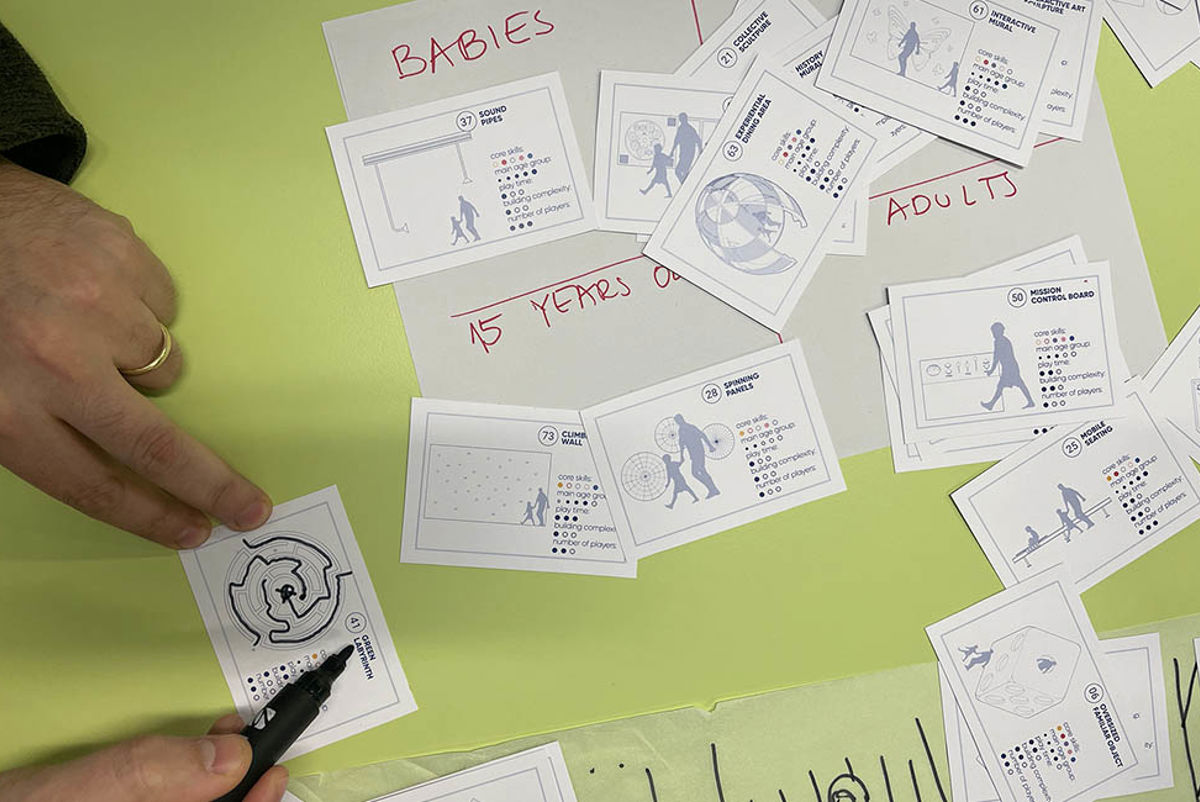Monitoring, evaluation, research and learning
Understanding the effectiveness of development projects and the impact they have is vital for informed decision-making and continuous improvement.

Our multidisciplinary approach allows us to evaluate projects across domains like city resilience, humanitarian efforts, land use, economic development, and gender equality. Using digital tools, geospatial analysis, and econometrics, we enhance data collection and analysis, even in resource-constrained contexts.
When working with the German Red Cross on their global programme looking at innovations in anticipatory action, humanitarian responses in urban areas, and health, we conducted a mid-term review of their humanitarian innovation programmes. We used the learning from this initiative to work with them in developing a theory of change and logical frameworks for the next phase of their programming. For the Rockefeller Foundation, we developed a detailed set of indicators and a methodology for measuring city resilience that was applied to cities worldwide.
Social research
We engage communities, partner with local specialists, and involve decision makers in our projects. By doing so, we gain valuable behavioural insights that guide us in creating effective interventions that respond to priority needs. This inclusive approach increases the likelihood of sustained support and successful outcomes for a project or policy intervention.
We create tailored research approaches for each situation and project phase, using focus group discussions, key informant interviews, workshops, and ethnographic studies to gather insights that shape project outputs.
For example, for the Bernard Van Leer Foundation, we supported designers in Brazil, Chile, and Uruguay. Our goal was to help them identify and implement methodologies for social research, which would inform the design of public spaces. This work aimed to encourage positive behavioural change in early childhood development for children, caregivers, city authorities, and other stakeholders. For a UN Women education and labour market assessment in Niger, we conducted research on literacy, socio-cultural practices, and perceptions of employment barriers. This research informed programmes that aim to help women gain access to learning opportunities and employment.
The Proximity of Care Design Guide was developed by Arup and the Bernard van Leer Foundation. It helps urban planners, designers, developers, city leaders and early childhood development practitioners embed child and family-friendly design principles into their work.
Get in touch with our team
International development
We offer a comprehensive array of international development services, reflecting the full breadth of Arup's technical and consultancy expertise.

